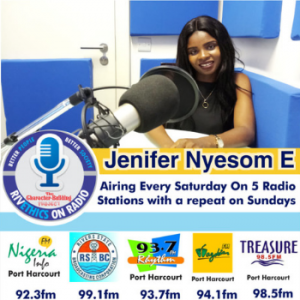
Greetings to our highly esteemed people of Rivers State and welcome to another episode of RivEthics on Radio, our character-building weekend show. Please remember to pray for the farmer any time you eat. Agriculture is life. This episode is titled “Agriculture, a tool for social economic development.”
Agricultural development is one of the most powerful tools to end extreme poverty, boost shared prosperity and feed a projected 9.7 billion people of the world by 2050. Growth in the agriculture sector is two to four times more effective in raising incomes among the poorest compared to other sectors. A 2016 analyses found that 65% of poor working adults made a living through agriculture. Agriculture is also crucial to economic growth. In 2014, agriculture accounted for one-third of global gross-domestic product (GDP).
Agriculture remains the leading non-oil sector of Nigeria’s economy, supporting about 60% of the population directly and providing nearly 70% of non-petroleum exports. In the 1950s, and early 1960s, agriculture was not only the leading sector but also the main-stay of the Nigerian economy contributing majorly to the GDP between 1958 and 1974. However, the historic contribution of agriculture to GDP at independence and shortly after had been declining constantly since the mid-70s, no thanks to the discovery of crude oil in commercial quantity at that time.
At the regional level, Sub-Saharan Africa’s low agricultural productivity has led to increasing food imports and the loss of competitiveness for domestic producers. Agricultural research funding has been low, but adoption of agricultural technologies has been even worse, with dire consequences, as we can see in ECOWAS countries.
The Economic Community of West African States (ECOWAS) is home to 254 million people in 15 low-income countries, all of which have low United Nations Human Development Indices. Agriculture accounts for 65% of employment and 35% of gross domestic product (GDP), but poverty is highest in rural areas where most of the population depends on agriculture for subsistence. This is the direct result of the non-mechanised nature of rural agriculture. The huge lesson is that agriculture and rural development must be prioritized if the Sustainable Development Goals (SDG) are to be achieved in Sub-Saharan Africa. Both Government and interested stakeholders can do this through incentives, infrastructural provision, favourable policies, access to market, etc.
Let us listen to our guest speaker, as she takes us through the topic.
She is Ms. Jennifer Nyesom-Effiong, Co-founder of Hachi Farms – An agro-tech Business-to-Business marketplace for farm produce. Please enjoy the episode.
Our responsible Rivers People, please remember to always let your manners speak for you.
God bless and keep you and your families and God bless Rivers State.
Her Excellency,
Mr. Justice Eberechi Suzzette Nyesom-Wike,
The Wife of His Excellency,
Nyesom Ezenwo Wike CON. GSSRS. POS Africa.
The Governor of Rivers State
You can also listen to and download the Pidgin English version of this Episode below
